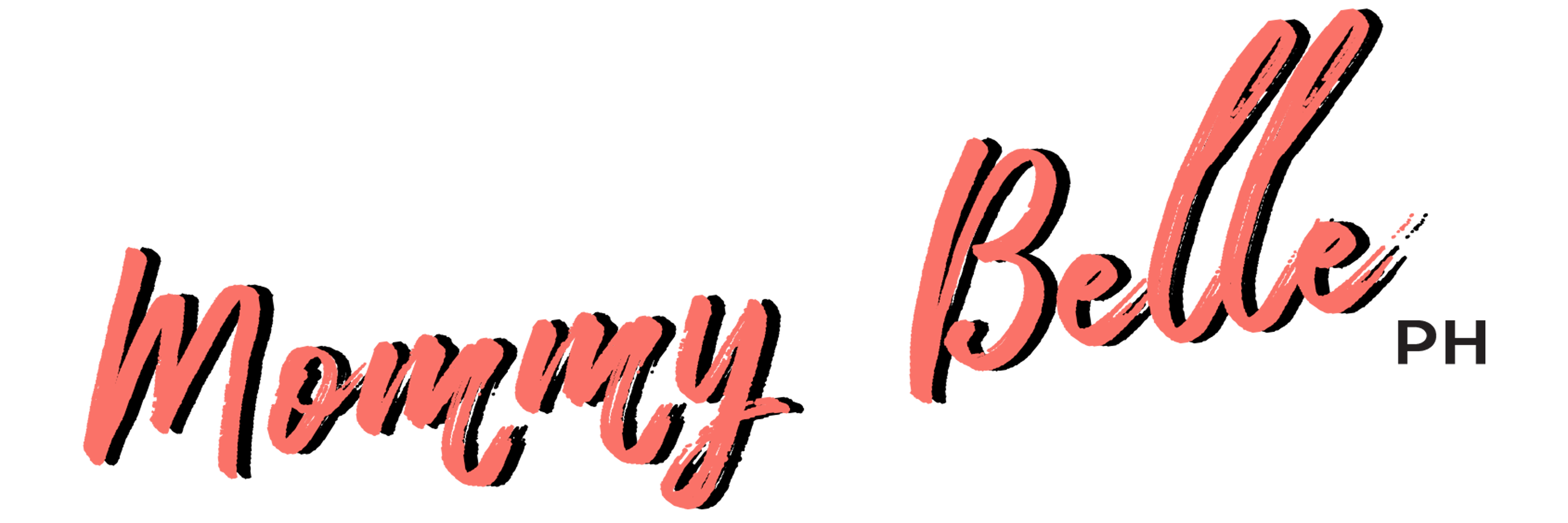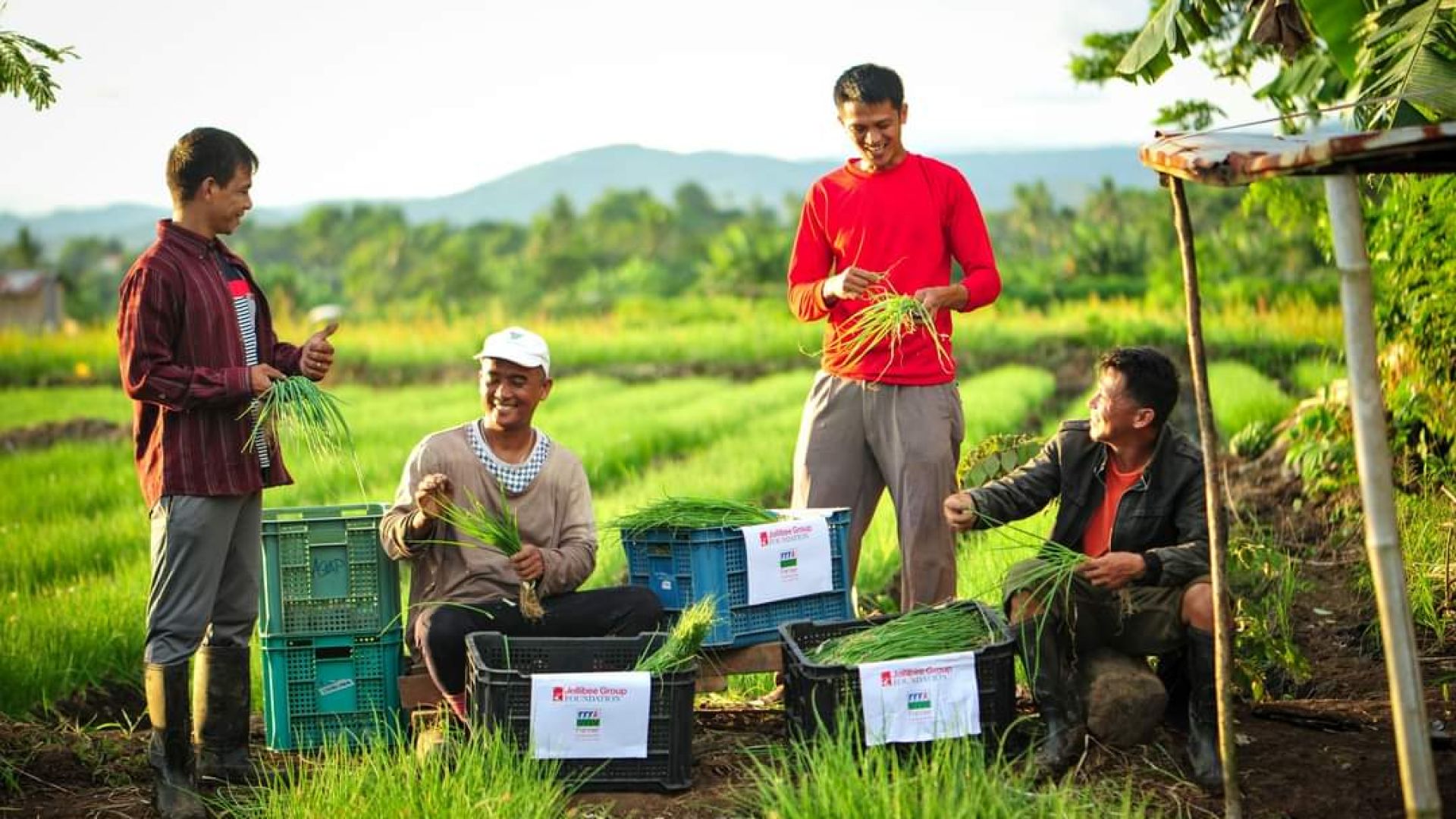
MANILA, Philippines. 30 May 2024 – Filipino farmers remain among the poorest in the country, with nearly one in three living below the poverty threshold, according to 2021 data released by the Philippine Statistics Authority (PSA).
In 2022, the World Bank noted that upgrading farmers’ connections to markets and expanding their access to financial services is critical to improving their quality of life.
Heeding the call to help Filipino farmers, the social development arm of the Jollibee Group, the Jollibee Group Foundation, has committed to uplifting smallholder farmers’ lives in the country through its Farmer Entrepreneurship Program (FEP). The FEP brings together stakeholders from different sectors to help transform smallholder farmers from producers to agro-entrepreneurs capable of supplying corporate markets like the Jollibee Group.
“JGF has always been focused on pursuing innovative solutions that will make a lasting impact on the communities we serve and ensure food security and access. As we envision every Filipino family having food on the table alongside our goal to contribute to the achievement of the United Nations Sustainable Development Goals’ Zero Hunger (SDG 2), we find it important to uplift the lives of our smallholder farmers, the very people who bring food to our table,” said JGF President Gisela Tiongson.
To do this, the Foundation partners with various institutions that assist and advise farmers in every step of their agro-entrepreneurship journey to increase and maintain a steady income. To facilitate this assistance, FEP introduced the Agro-Enterprise Clustering Approach (AECA), which aims to achieve inclusive agricultural productivity by guiding cooperative and associations in the country in the clustering and collective marketing of their agri products.
Microfinance institution Ahon Sa Hirap, Inc. (ASHI) is among JGF’s reliable partners. ASHI became an FEP partner in 2013, and they saw AECA as an opportunity to assist more farmers by combining it with their financing services.
Financial Goals
Arnolfo Pan, Area Manager of ASHI Grameen Agricultural Program (AGAP) Luzon, has been with ASHI for 20 years and has been part of FEP for 12 years now.
“Dahil sa FEP, na-encourage ako lalo matuto ng farming. Natuto ako mag-marketing at magkaroon ng negosyo at mag-set ng financial goals (I was encouraged to learn more about farming. I also learned to do marketing, have a business, and set financial goals because of this program).”
Taking a holistic approach to empowering farmers, ASHI also improves the capability of its farmer-beneficiaries through training, consultations, and seminars that aim to boost their confidence as entrepreneurs. ASHI now combines financing and non-financing services, including financial literacy training, values formation, farmer organizing activities, and linkage to markets to empower the farmers to become self-sufficient while being proactive members of their clusters.
Like FEP, ASHI also hopes to give the farmers a better grasp of the demands and makings of the institutionalized farmers market and the capacity to empower other smallholder farmers needing assistance.
“Bilang anak ng isang magsasaka, tumutulong rin akong magturo ng makabagong agricultural practices sa ibang tao. Isa sa mga naituro ko sa iba kong kapamilya at mga ASHI members ay kung paano paangatin pa ang buhay nilang magsasaka upang maging farmer entrepreneur, at kung paano makakatulong sakanila ang ASHI dahil hindi nalang pa-lending ang ginagawa namin (As a farmer’s son, I also help educate people on new agricultural practices. One of the many things I shared with my family and my co-ASHI members is how to improve their livelihood as farmers by becoming a farmer entrepreneur. And how ASHI can help them transition to one as we offer other farmer support besides financial assistance),” Pan added.
In 2022, AGAP became the first group in Luzon to deliver directly to Chowking branches in Laguna.
Angel Dorado, ASHI’s Business Development Department Head, said this progress is attributable to the AGAP farmers’ mindset change. “Pag pasok ko sa department na ito at sa FEP, new challenge para tulungan ang mga farmers. Dati mas individual sila mag-isip. Ngayon, importante na ma-develop sila into cluster na merong one goal, one dream, and one mindset (Being part of this department gave me a new challenge to help our farmers. Before, they had individual approaches to farming. Now, we needed to put them into clusters with one goal, one dream, and one mindset).”
Currently, 94% of FEP farmer groups are certified under the Philippine Good Agricultural Practices (PhilGAP), ensuring that crop production complies with food safety standards. This was made possible by the mentoring and training they received from FEP and other partner organizations.
Through these interventions, 30 FEP farmer groups in the country have collectively delivered 11 million kilos of fresh vegetables worth more than P500 million in sales to the Jollibee Group.
These milestones do not only secure a sustainable supply chain for Jollibee Group, but more importantly, they uplift the lives of the farmers and their families. Pan proudly shared that he built a home, bought a car, and supported the education of his nephews, among other goals, through the program’s help.
Like Dorado, the AGAP farmers have become determined to achieve and scale their business even more. “Mas lumalabas na ideas nila. Pangarap na nila na araw-araw na sila maka-deliver, na maging mas maayos pa ang samahan nila dahil nakikita na nila ang benefit ng ginagawa natin sa kanila na mapaayos ang kanilang buhay (They now begin to think of more ideas. They also have dreams of consistently being able to deliver and to have better relations with their cluster because they now see the benefit of the program in uplifting their lives),” he said.

Empowering farmers.Taking a holistic approach to empowering farmers, ASHI now combines financing and non-financing services, including financial literacy training, values formation, farmer organizing activities, and linkage to markets to empower the farmers to become self-sufficient while being proactive members of their clusters.
About Jollibee Group
Jollibee Foods Corporation (JFC, also known as Jollibee Group) is one of the fastest-growing restaurant companies in the world. Its mission is to serve great-tasting food and bring the joy of eating to everyone through its 18 brands with over 6,800 stores across 33 countries.
The Jollibee Group has eight wholly owned brands (Jollibee, Chowking, Greenwich, Red Ribbon, Mang Inasal, Yonghe King, Hong Zhuang Yuan, Smashburger); four franchised brands (Burger King, Panda Express, and Yoshinoya in the Philippines, and Tim Ho Wan in certain territories in China); 80% ownership of The Coffee Bean and Tea Leaf; 60% ownership in the SuperFoods Group that owns Highlands Coffee; and 51% ownership of Milksha, a popular Taiwanese bubble tea brand. JFC also has a business venture with award-winning Chef Rick Bayless for Tortazo, a Mexican fast-casual restaurant business in the United States.
The Jollibee Group, through its subsidiary Jollibee Worldwide Pte. Ltd. (JWPL) owns 92% participating interest in Titan Dining LP, a private equity fund that owns the Tim Ho Wan brand. The Jollibee Group has a joint venture with the THW Group to open and operate THW restaurants in Mainland China. The Company also established a joint venture company that will own and operate Tiong Bahru Bakery and Common Man Coffee Roasters in the Philippines. Recently, the Jollibee Group signed agreements to own 10% ownership in Botrista, a leader in the beverage technology space. The Company also owns a 90% participating interest in Titan Dining Partners II Ltd to further grow Asia Pacific food service brands and/or bring strong global food service brands to Asia Pacific.
The Jollibee Group has launched its global sustainability agenda dubbed Joy for Tomorrow, which aims to strengthen the Company’s commitment to sustainable business practices. The agenda centers on the key pillars of Food, People, and Planet, and consists of 10 focus areas namely: food safety, food quality, nutrition & transparency, employee welfare, farmers livelihood, community support, good governance, packaging & recycling, waste reduction, and energy & water efficiency. Each focus area sets goals and initiatives that contribute and align with the United Nations Sustainable Development Goals (UN SDGs).
The Jollibee Group was named the Philippines’ Most Admired Company by the Asian Wall Street Journal for ten years. It was also honored as one of Asia’s Fab 50 Companies and among the World’s Best Employers and World’s Top Female-Friendly Companies by Forbes. The Company is also a three-time recipient of Gallup’s Exceptional Workplace Award and was recently cited in TIME’s List of the World’s Best Companies.
To learn more about Jolli
bee Group, visit www.jollibeegroup.com





